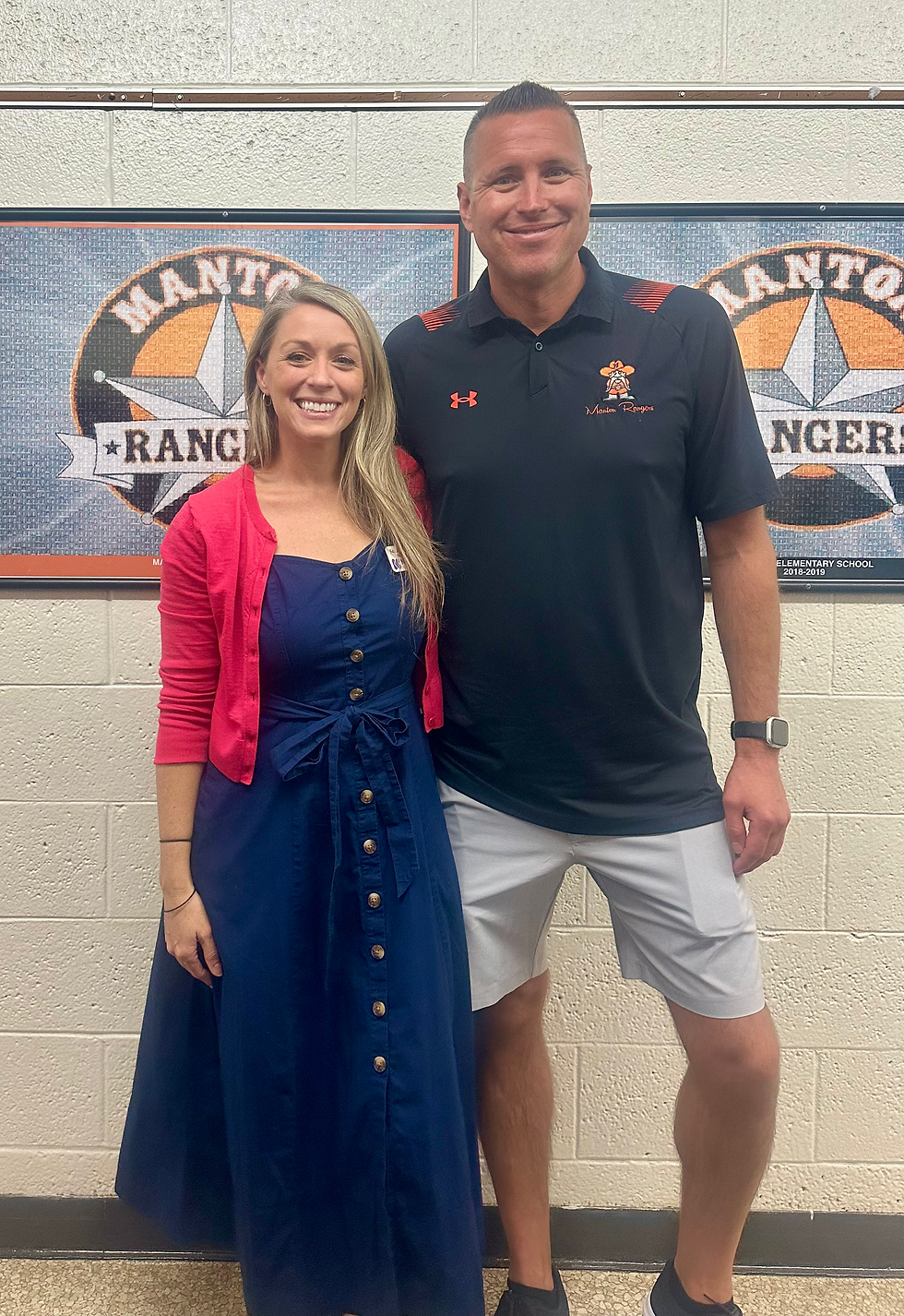💫 The Future of Classroom Community Is Experiential: Inside Kikori’s Movement with Kendra Bostick
- Kikori Team
- Oct 5, 2025
- 2 min read
Updated: Oct 7, 2025
“Sometimes kids just need someone to sit beside them—not fix them.” — Kendra Bostick, Kikori Co-Founder
🎙️ Episode Overview
In this episode of the Kikori Podcast, we’re joined by Kendra Bostick, co-founder of Kikori, a groundbreaking experiential community building platform. Together with Hilary Burns, host of Getting Real with Hilary, Kendra dives into how Kikori is transforming social-emotional learning from worksheets and lectures into hands-on, joyful experiences. This conversation reveals why SEL needs a redesign that centers on real connection, student ownership, and trauma-informed practices. Educators and youth development advocates will find fresh inspiration and practical strategies to bring community alive in their classrooms.
🌟 Top 5 Takeaways
1. Experiential Learning Builds Real Connection SEL isn’t just talking about feelings—it’s about feeling them, practicing social skills, and building empathy through shared experience.
2. Understanding Behavior Changes Everything Behaviors aren’t “bad” choices—they’re automatic fight-or-flight reactions to feeling unsafe. When educators understand this, compassion replaces punishment.
3. Students Thrive When They Own Their Growth The magic happens when students design their own strategies for listening, collaboration, and self-regulation, building true agency.
4. Trauma-Informed Practices Are Essential Knowing the neuroscience behind stress and safety helps teachers create classrooms that feel secure, connected, and joyful.
5. Community Building Can Be Easy and Fun for Teachers Kikori provides ready-to-use daily activities that integrate SEL into any classroom with no extra planning, making it a win for educators and students alike.
💬 Favorite Quotes
“Sometimes kids just need someone to sit beside them—not fix them.” — Kendra Bostick
“We don’t need more rules—we need more relationships.” — Hilary Burns
“Behaviors aren’t about kids being ‘bad’; they’re automatic reactions to feeling unsafe.” — Kendra Bostick (paraphrased)



Comments